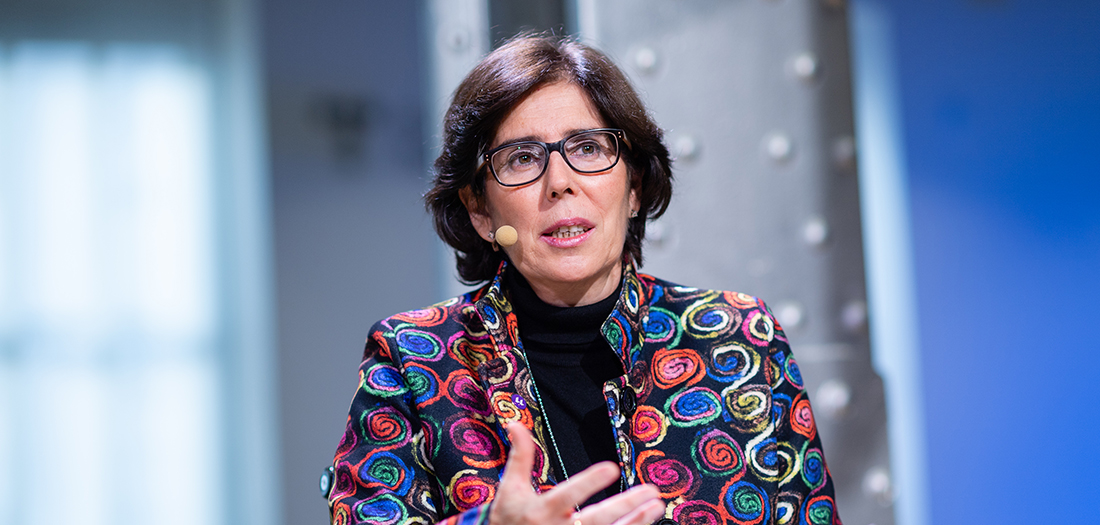Artificial intelligence (AI) has entered our homes. It is undeniable that it offers many benefits that have made us rush to digitalize our homes, thinking that it will make it easier for us to live and will allow us to enjoy that most precious and scarce good today: time. Yet, having entered the tunnel of digitalization, we, at the international think tank Home Renaissance Foundation wonder if we may have gotten ahead of ourselves in turning our homes into smart houses.
The digital home can put at risk some of the home’s fundamental intrinsic values such as privacy, security, stability, comfort and care. This would be a contradiction. We would find ourselves having become owners and users of a building with a high level of robotization, but without that which makes a home. Human behavior, with its failings and slip-ups, and relationships between relatives are being impacted by those same technological advances that were designed to serve us. This raises some questions: Is an AI-empowered home really a “sweet” home, or just a smart home? Is its impact proving to be positive or negative?
There is no doubt that developments driven by smart technologies can be applied and used in the home. It would be foolish not to do so. There are already robots that are very helpful in the management of the home, performing some necessary, mechanical and inevitable tasks: vacuuming, ironing, cooking, mowing the lawn, and feeding pets, to name but a few. These smart devices have proven to be efficient, saving time and energy. They require no effort, are quiet, and run 24 hours a day, seven days a week, with no coffee breaks. Even some AI applications can help enrich our knowledge and broaden our vision. We can’t conceive of a future without AI, and we don’t imagine a real, applied AI if it’s not in the future.
Nonetheless, we should consider whether, while we are able to value the advantages that technology has brought us, we can also see the changes that are taking place in our way of relating, working, and communicating – especially in our homes – and if that is what we want. Do those changes make us better or happier or don’t they? Families are often confused, and faced with the dilemma of controlling screens and the time their children spend with them without knowing very well what effects they will have if they do not. The foundation’s latest report, The Impact of Technology on the Home, captures that feeling that parents experience, as well as what experts, psychiatrists and even AI developers think. The conclusion is complex, because technology is not something simple nor innocuous. Taking it into account and being aware is, in short, what is important to prepare ourselves and to take action.
Many of those devices that we already have in our homes can provide enrichment, but they also contribute, in one way or another, to our impoverishment and even to isolation, despite appearing to have been made for the opposite effect. Other risks are, for example, content bias and loss of privacy, which is becoming a big problem today. The vast majority of these devices are domestic spies, given that in order to fulfill their role they need to learn everything about our habits, schedules, tastes, preferences… This makes us very vulnerable, especially if we are not aware that we are exposed. Are we sure that we want to leave the door open to our house, that place that has always been our safe space, to something that we do not know or at least are unable to control?
The Home Renaissance Foundation proposes that we stop and think about what AI has done for our homes so far and what it could do in the future. The digital age of the home is here. We can promote those benefits that it brings us, while changing what – after profound evaluation – does not seem appropriate. We must bear in mind that changes today happen faster than our reaction to them, opening us to important risks. It is worth taking a moment to reflect on where AI is taking us, and whether or not we want to get there. It is up to us to be prepared and to prepare future generations so that the impact of technology is positive and we have sufficient tools to face the risks that will arise.
Matilde Santos is a professor at the Complutense University of Madrid and co-author of the book ‘The Home in the Digital Age’, fruit of the Experts Meeting of the same name, organized jointly by the Home Renaissance Foundation and the Social Trends Institute.
This article was originally published in Spanish on Alfa y Omega on May 5, 2022 and is reproduced here with the permission of the author.
